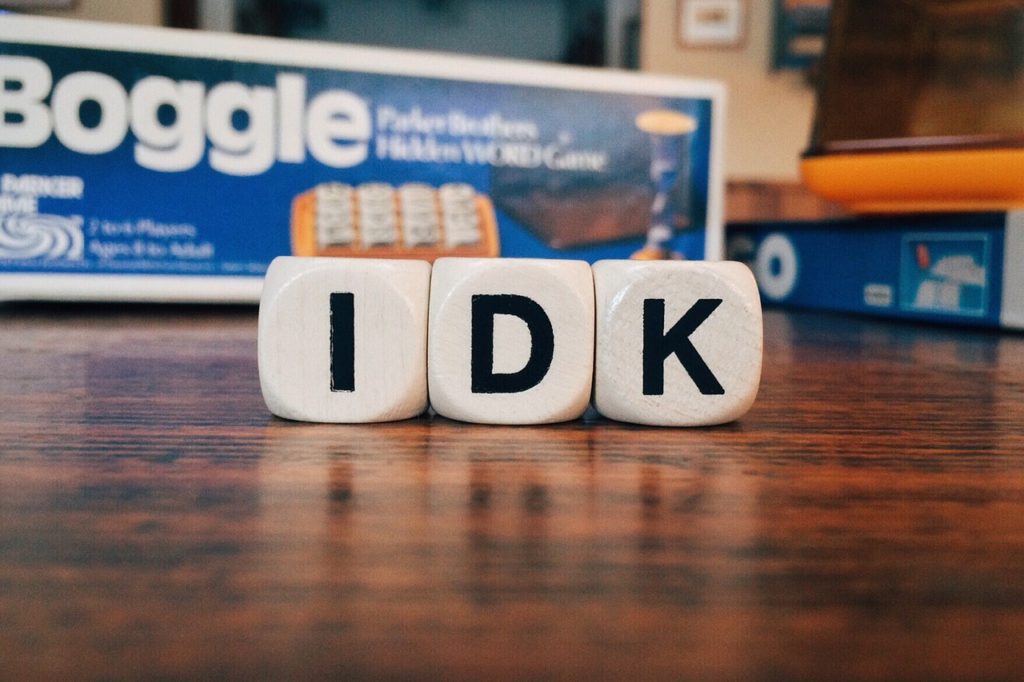Debit and credit cards are both convenient ways to pay for goods and services. Debit cards pull funds directly from the user’s checking or savings account, while credit cards use money from a creditor to pay for purchases. Because there is no lender in a debit card purchase, nothing is reported to the credit agencies. Debit card purchases do not affect credit scores.
Your credit score is vitally important to overall financial wellness. It is crucial to understand how debit and credit cards affect it.
How Your Credit Score is Determined
Your credit score, often referred to as a FICO score, is derived from five different categories:
Payment History – Did you pay past creditors on time?
Amounts Owed – Are you using a lot of your available credit and perhaps overextended?
Length of Credit History – How long have accounts been established?
New Credit – Are you opening a lot of credit at the same time? This usually indicates higher risk.
Credit Mix – Do you have all credit card debt or does the mix include mortgages and other secured debt?
How Do Debit and Credit Cards Affect Your Score
Using a credit card each month and paying off the balance will affect several of the factors that ultimately determine your credit score. Payment history, amounts owed, and length of credit history determine 75% of your overall score. Opening a credit card as soon as you are financially able, using it and paying it off each month, and keeping the balance to under 30% of available credit will yield the best results. Conversely, failing to pay the bill on time will negatively affect your score.
Using your debit card will help you keep your credit card balance under control, but it will not help you build your credit score.
What About Overdrafting Your Bank Account?
Spending more money than you have in the bank will result in overdraft fees. As long as you pay back the fees, the bank will not report overdraft status to the credit reporting agencies. However, banks use a reporting system of their own called ChexSystems. This system monitors your deposit accounts across all banks and credit unions. It reports on closed accounts, overdraft accounts, misusing ATM transactions, and fraud. A bad report in the ChexSystem can keep you from getting access to a bank account.
Other Ways to Build Credit
If you don’t have access to a credit card to build credit there are other ways to build a credit history. Here are 3 ways to get it done:
- Have your parents or a friend add you as an Authorized User to their credit card account. As long as they make payments on time, you will benefit from their payment history. You do not need to use the card for this to work.
- Get a secured credit card. A secured card requires you to put down a deposit to act as collateral. For example, you can put down $500 as collateral and the bank will issue you a credit card with a similar credit limit. After a relatively short time period, assuming you use the card and pay it on time, they will return your deposit and potentially increase your limit
- Personal Loan – Banks are getting creative in figuring out how to loan people money who either don’t have a history or have bad credit. Companies like Upstart will look at things like rent payments and other things not typically reported to the credit bureaus to determine creditworthiness.
At the end of the day, debit and credit cards are both useful tools for managing your finances. If you are looking for ways to build or improve your credit, using a credit card responsibly is an easy way to do it.
If you are concerned, overwhelmed, or confused about how to manage your day-to-day finances, I am here to help. Call me for a free consultation. 614-983-0475

